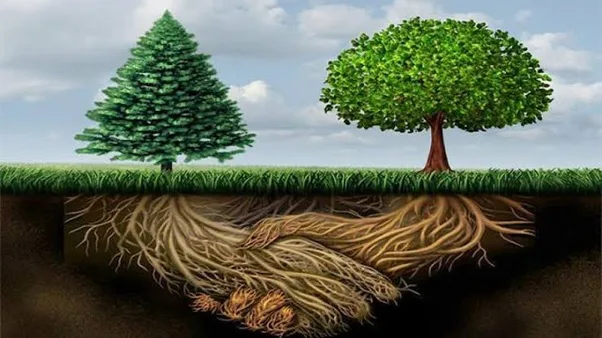Rise in the global temperature is going to promote the outbreak of deadly infectious diseases as Ebola and West Nile virus in new hosts and in new areas. Researchers caution humans to anticipate the breakout of new illnesses, in near future due to rapid changes in the climate that forces habitats to shift and thus bringing pathogens in contact with livestock, crops, humans and wildlife.
According to Daniel Brooks, zoologist associated with the University of Nebraska-Lincoln, US suggest a number of such localized epidemics will subject the medical and veterinary health teams under immense pressure to treat and restrict the disease from spreading to other parts of the world.
Coming of new species
To analyze the effect of climate change on different ecosystems, zoologist Brooks closely studied parasites from the tropic region, while another Professor Eric Hoberg focused parasites from the Arctic. Interestingly, both researchers noticed the advent of new species in those regions, while withdrawal of certain other.
Habitat change makes animals susceptible to new pathogens and parasites. Like in case of lungworms that have been seen shifting northwards recently and has jumped from caribou to its new host, muskoxen of the Canadian Arctic.
Parasite paradox
So far, scientists have believed that parasites and its hosts co-evolve and so parasites do not randomly jump from one host species to another. Slowly, with the passage of time, the hosts and pathogens get adapted to each other. Zoologist Brooks refers it as ‘parasite paradox’. Therefore, according to this assumption, there should be less chance of emergence of such rare diseases as they need to wait for the precise random mutation to happen.
Researchers now know that in nature, such jumps are observed more often than anticipated. Pathogens that are known to closely adapt to one host are seen to move to new one under favorable circumstances.
Vulnerability of surrounding hosts
Professor Brooks added that though a parasite might have a special bonding with one host in one place, but there are other hosts available around that are equally susceptible. These new hosts are in fact more vulnerable to infection and as their immune system has not developed required resistance, host gets sicker from infections.
The war against the emergence of such disease is not going to be easy, says Professor Brooks. Apart from equipping ourselves in developing vaccines to treat humans from infections, researchers need to look out for other non human carrier of the viruses. Understanding the basic biology of the parasites and anticipating from where they might come can help humans to prepare against such outbreaks in the future.
Source: University of Nebraska-Lincoln





